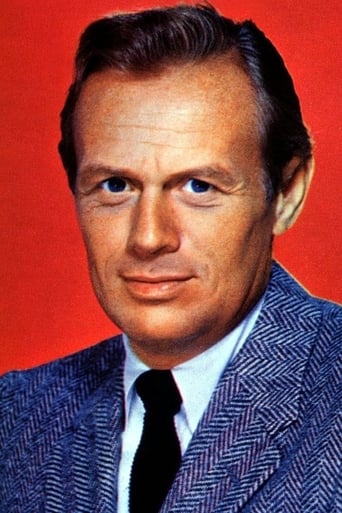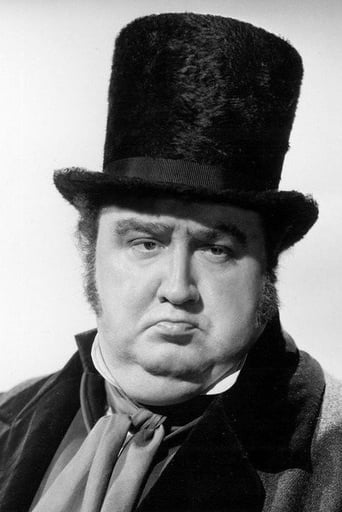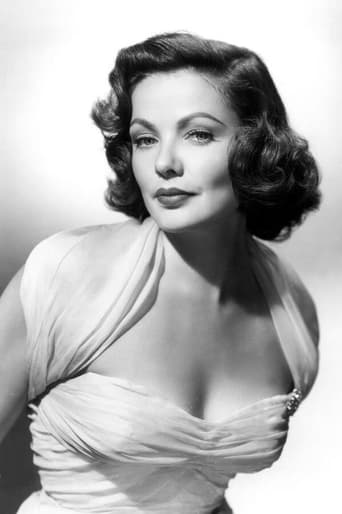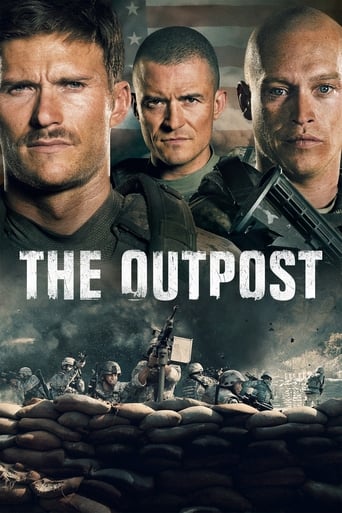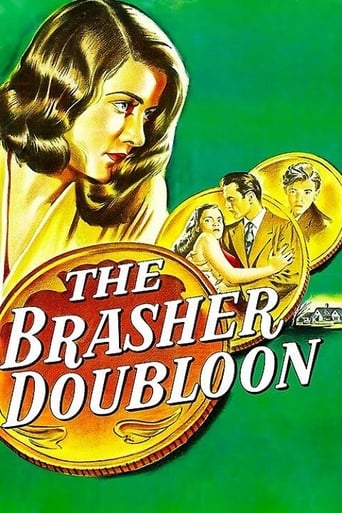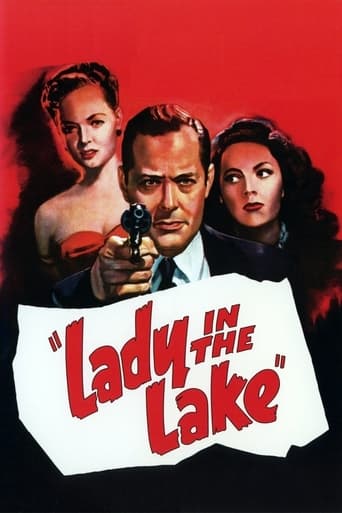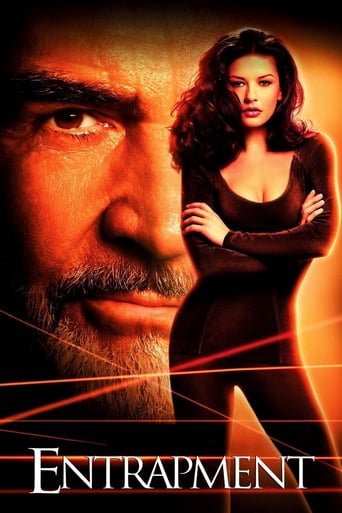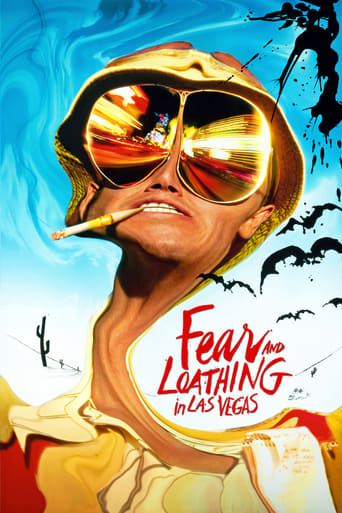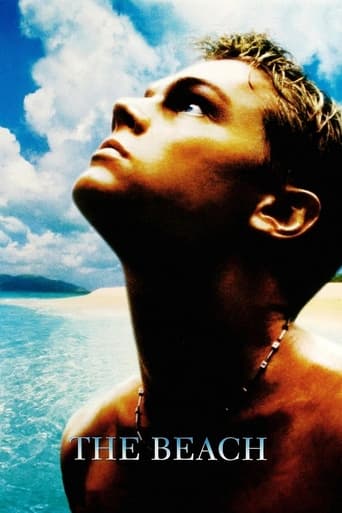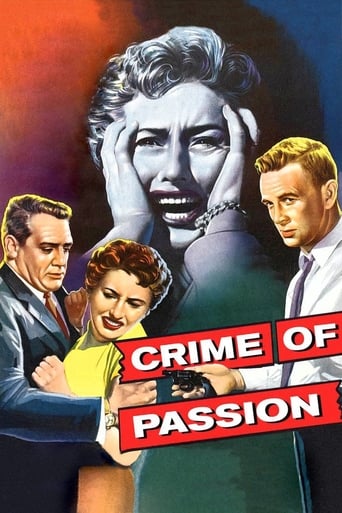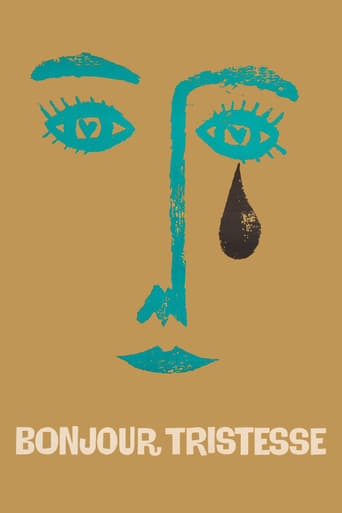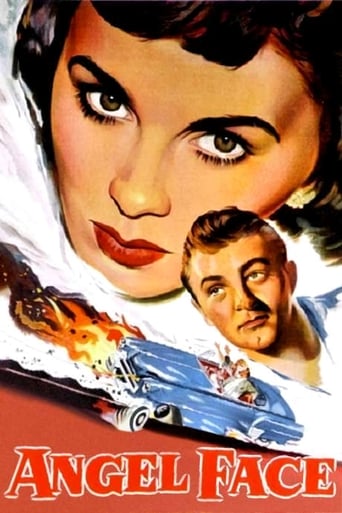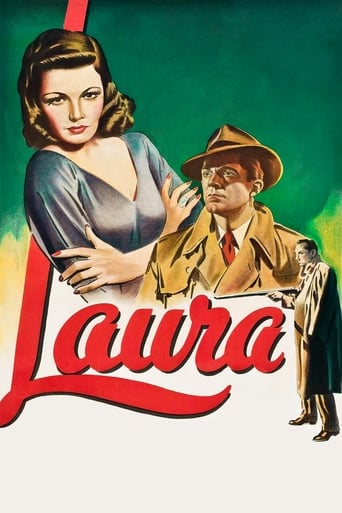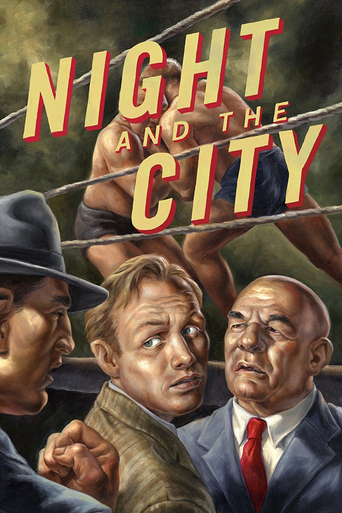
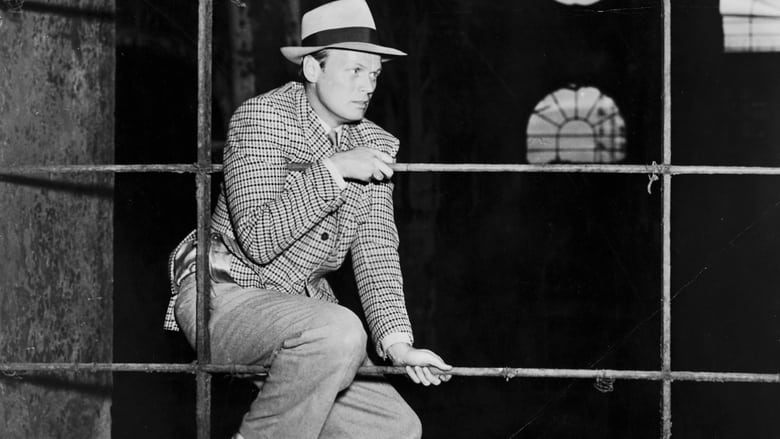
Night and the City (1950)
Londoner Harry Fabian is a second-rate con man looking for an angle. After years of putting up with Harry's schemes, his girlfriend, Mary, becomes fed up when he taps her for yet another loan.
Watch Trailer
Cast


Similar titles
Reviews
Wonderful movie; good acting, meaningful plot, and film noir ending, but still storywise a missed opportunity of greatness.Spoilers ahead:Why did the scriptwriters not opt for the following: letting the main character get it all: the ultimate wrestling match, only to witness the death of the old master wrestler Gergorius (Stanislaus Zbyszko) afterwards? The character Harry Fabian (Richard Widmark) would really have had it all: fame, fortune but also the ultimate bad luck. Gregorius' son would want to revenge him, as in the movie but only later. In this scenario Fabian could have offered something in his sacrifice, namely his fortune to his girlfriend before dying at the hands of gangsters hired by the son of Gergorius (Herbert Lom). That would have been a powerful ending, also showing how fickle fame and fortune is, how the tide can change even after you think all is settled. It could still have given the subplot to make Fabian fight for the money with Philip Nosseross to get the match, but it could have been a smaller part of the movie. Instead, the movie chose to let Gergorius die early in a fistfight without public, making clear there would never be a fight, and putting too much emphasis on a manhunt of Harry Fabian. It basically prematurely killed the movie and the ending, since the girl got nothing in the end. Or maybe it just was not my taste, since after all this was the ultimate noir ending, with no happy endings for anyone.
I was looking for something to watch and grabbed this one from my shelves (I had recorded it years ago). I had only vague recollections of it from my previous viewing, but was spellbound this time, and am mystified why my first viewing had left me so noncommittal. This is truly a superb movie and a classic example of noir at its finest. The story line is taught and gripping. The cinematography, especially the lighting design, is the best of what noir has to offer. The script is excellent, with no wasted words and no excesses. Richard Widmark's performance is a reminder of what a truly great actor he was. Francis Sullivan's Nosseros is superb, and Gene Tierney and Hugh Marlowe put in good turns. Not seen too often, and if you get chance to see it, go for it.
"Night and the city. The city: London. The night is tonight, tomorrow night, any night." This is the opening line from Jules Dassin's "Night and the City" (1950) and, in fact, works as an excellent summary of the film-noir philosophy and the director's desolate yet honest pessimism which shaped the genre. However, as it is an extremely dark film, it's still very nice to look at because it's one of the most stylish film- noirs ever made. It's a perfect place to begin studying the genre since it presents the stylistics of film-noir as seen through a dim glass. The film begins with the protagonist, Harry Fabian, a desperate man who wants to make it big, running in the streets of the night. He is constantly on the run and, as a matter of fact, later on refers to his whole life as "running away" from something. His girlfriend tries to help him to settle down, and his neighbor characterizes him as "an artist without an art." He's a tortured soul who wants to be somebody. Although it seems that Harry ruthlessly exploits other people and is only seeking for a quick way to get rich, one can't blame him for wanting to make it big: since money really is the only form of happiness the world has ever taught him. In such a cold world even love is hard to be accepted as it is. All in all, Harry is in pursuit of a good life -- nothing more.Cynic misanthropy is the word one wants to use to describe Dassin's world view in the film. All the people lie, cheat and only seem to think of their own benefit. This bleak milieu, which is also veritably social, exhales aggressive steam while power -- an abstract force -- strangles its residents in an unforgiving grip. The kings of this world are those who cheat, but not all crooks succeed for one also needs luck. Businessmen sit in their lonely cabinets and don't really differ from common criminals. Nonetheless, they too have their own sorrows to carry: a bored wife or a dying father. Hence, the line between good and evil is never clear to Dassin. In fact, the anti-heroic protagonist isn't really that unpleasant or even bad. He lies to everybody for his own benefit, but we do not hate him. Perhaps Dassin and all of us truly relate to him and his creation of deception which slowly begins to collapse. Perhaps we see that anything that is human can't be completely alien to us.In "Night and the City" Dassin takes the style of his American films to its most perfect and brutal form which emerges to us as an extraordinary combination of strong neo-realism (Visconti) and poetic, dream-like (Hitchcock) atmosphere. The starkly precise composition and the dim lighting create a baroque look which is associated with the film's flamboyant themes of doom, vengeance and deception. Heavy contrasts of light and darkness, reflecting moral ambiguity, are present in each shot relaying a sensation of chaotic chance. How each moment can lead to a disaster; how anyone can turn into a cold-blooded beast at any second. Change is a perpetual flow, but the space remains: circumstances change, but the individual has no power whatsoever. He lies in the hands of others. He can't keep up with the run.
Allow me to sound pretentious and say that there are two kinds of people who judge and analyze movies: critics and reviewers. A critic is someone highly educated on the matter, an individual who may hold several pertinent degrees and who will judge a film mainly for its artistic value, regardless of having to consider at the same time the possibility that not even 00.1% of the general population may be interested in watching it. A reviewer, on the other hand, is someone with a more or less average degree of film education who'll try to put together both ends, providing a verdict about the general "watch-ability" of a flick while trying at the same time not to neglect its artistic value. I consider myself a reviewer and that's why I usually give a basic 7/10 to movies that I consider entertaining enough to recommend to anyone--like Anchorman for ex., not precisely an art house regular but one which most people will enjoy watching simply because it's funny. Another one that comes to mind is Stalker, about which critics rave but which I don't consider of any interest for the average viewer. Why I'm saying all this? Because NATC provides the best ex. of a great piece of cinema that will never reach a wide audience because, despite its indisputable artistic merits, it contains flaws that will make it forever a film only for the noir aficionado; the first one of these flaws being the lack of what I would call a "hook". And what's a hook?.See, being the noir genre a very formulaic one—-where everyone and their dog end up dead, in prison, broke, on the lam or at least sad & lonely—each noir has to offer something different, original, to make the general viewer forget that deja vu feeling. Two examples illustrate this well, the best one being Panic In The Streets. Here the bad guy is not a human but a lethal germ which some criminals on the lam are carrying and who Dr. Widmark has just 48 hr. to locate and neutralize. Talk about not one but two hooks! Where The Sidewalk Ends has, as a hook, the cop himself being the son of a gangster; and also he having to conceal his killing of a suspect. Again, not one but two hooks. Maybe now you'll understand why NATC is so "underrated" and why has never reached a wider audience: because it got no hook! (even critics recognize that when stating that, from the very first shots we know that Fabian will be dead by the movie's end). One reviewer offered a different POV that leads anyway to the same conclusion, when writing that the problems of these characters do not come from fate, bad luck, but as the logical consequence of their own personal flaws. We can go even further in the deconstruction and say that there is absolutely nobody here, men, woman, who is being forced to stay in their situation. All of them are free to walk at any moment out of their bad relationships, deals, which is the best way to detect a loose plot. Already we got two flaws and that's only the beginning. Fact is, despite NATC being a great piece of cinematography it lacks what's needed to keep you on the edge of your seat: the underlying tension, the expectations for the shocking or the unlikely to happen. For ex. compare the situation of the two good people here, Gregorious and Mary--who could have walked at any time out of their problems--with that of the characters in the noirs I mentioned, none of which had any choice but to face the situation they were in. That's what makes of these pretty exciting movies to watch while NATC is not. As the reviewer said, you cannot relate to people who are in a mess of their own doing--and from which they can extricate at any time, I'll add. NATC has no real pathos, not Damocles' sword hanging over the head of the characters, except of course that put there by their own greed, loyalty or disloyalty, stupidity, etc. Harry is pathetic, yes, but we don't truly care for him and we can sit back and marvel at his capacity to poison everything he touches. The only one nearly producing some kind of pathos is Gregorious, with his undying passion for Greco-Roman wrestling.As I have neglected about the plot, let's simply say that it's about (very) small time hustler Harry Fabian, U.S. expatriate in London in the early 1950s, who's always concocting ways to swindle people and who finally thinks he got the break of his life when a former wrestler—Gregorious-—comes his way, giving him the opportunity to start a career as a promoter. But money is needed and it is trying to get this money that Harry manages to ruin the life of everyone around him, including his own. As I said, the lack of tension comes from the fact of Harry being a highly unlikable character--I don't know where critic(s) got the idea of him being touching or likable--and that we know from the beginning that he won't outlast the movie. So, while the cinematography is very good, there's little meat for those viewers who use to silently whisper to filmmakers, when sitting to watch their flicks: "Surprise me". There are some good scenes, though, the best one showing an intense wrestling match between Zbyszko's Gregorious and Mazurki's Strangler and then the old fighter, who had spent all his energies in winning it, dying on his son's arms. They both make for the most climactic part in the movie. In all, recommend only if you are really into noir. I say 6.5/10, but make it a 7/10 if you really consider Gregorious' passion for traditional wrestling a hook.


